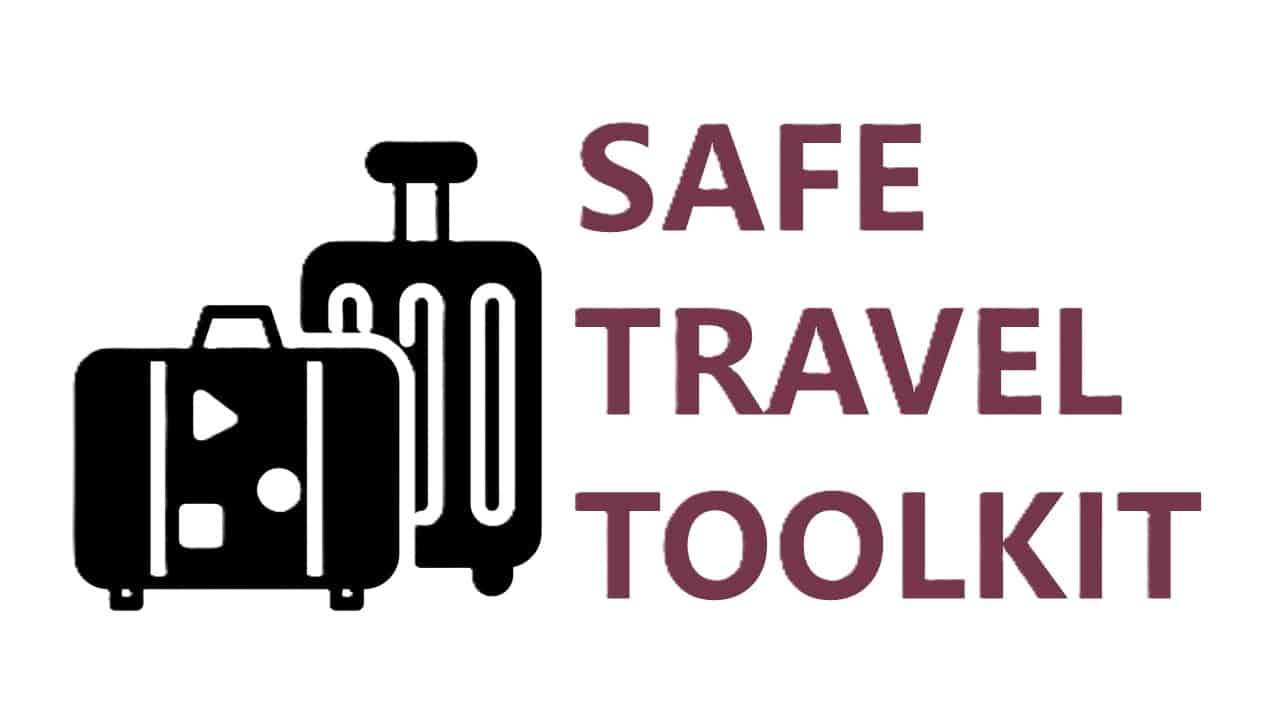A true story about Attacks Wild Animal Incident : On a safari adventure in Africa, Mark and his friends encountered a Attacks Wild Animal Incident. While taking photos, a monkey unexpectedly snatched Mark’s camera, causing panic among the group. In their attempt to retrieve it, they inadvertently provoked a nearby group of monkeys, leading to a chaotic situation. The incident taught them the importance of respecting wildlife and maintaining a safe distance, a lesson they shared with fellow travelers to promote responsible wildlife tourism.
Travel Animal Incident Response – Bites, Scratches, and Attacks Wild Animal Incident – How to React Away From Home
Going on vacation in a new destination might mean encountering both wild and domestic animals. Knowing how to react to bites, scratches, or animal attacks is crucial for your safety and well-being when you’re far from home. Here’s a comprehensive guide to handling these situations when you’re traveling.
Examples of Common Bites, Scratches, and Animal Attacks:
- Insect Bites: In tropical climates, mosquitoes and other insects can transmit diseases like malaria or dengue. Use repellents and wear protective clothing. Consequences of untreated bites can include infections, severe itching, and the transmission of serious illnesses.
- Wild Animal Bites: While hiking or exploring nature, you might come across wild animals. Maintain a safe distance and avoid feeding them to prevent bites. Consequences of a bite can range from infection to the transmission of diseases such as rabies.
- Domestic Animal Scratches: Scratches from cats or dogs can lead to infections. Clean the wound immediately and consult a doctor if necessary. Consequences of an untreated scratch can include severe infections and permanent scars.
- Jellyfish Stings: If you swim in waters where jellyfish are present, stings can be painful. Rinse the affected area with saltwater and seek assistance from a lifeguard or healthcare professional. Consequences of a jellyfish sting can involve intense pain, scarring, and allergic reactions.
- Marine Insect Stings: When diving or swimming in the sea, be cautious of stings from marine creatures like jellyfish or stonefish. Take precautions and wear appropriate footwear. Consequences of untreated stings can include extreme pain, infections, and breathing difficulties.
- Land Insect Bites: Ants, bees, wasps, and spiders can deliver painful bites. Avoid provoking these insects and wear protective clothing. Consequences of an untreated bite vary depending on the insect and may involve allergic reactions, local infections, and severe pain.
Actions to Take:
- Cleaning: Wash the affected area immediately with water and soap, if available.
- Disinfection: Apply an antiseptic to prevent infections.
- Medical Consultation: If the bite, scratch, or attack appears serious, consult a local doctor for appropriate treatment.
- Vaccinations: Ensure your vaccinations are up to date, especially against rabies if you’re traveling to risk-prone areas.
- Antihistamines: Carry antihistamines in your first aid kit to treat mild allergic reactions.
- Emergency Contacts: Keep the contact information of a local doctor or healthcare center handy.
- Travel Insurance: Check if your insurance covers accidents related to animals.
Risks Mapping and dangers on vacation, far from home
- Travel Wildlife Encounter Management
- Handling Animal Incidents While Traveling
- Responding to Animal Encounters in Travel
- Travel Wildlife Incident Preparedness
- Managing Animal Interactions During Travel
- Reacting to Wildlife Encounters Away From Home
- Coping with Animal Incidents in Travel
- Dealing with Travel Wildlife Situations
- Traveling and Handling Animal Encounters
- Wilderness Animal Incident Response Away From Home
It’s crucial to take precautions when in contact with animals or insects, stay calm during an incident, and seek medical assistance when needed. Safety and health are paramount while traveling, even when managing unexpected situations involving animals.








